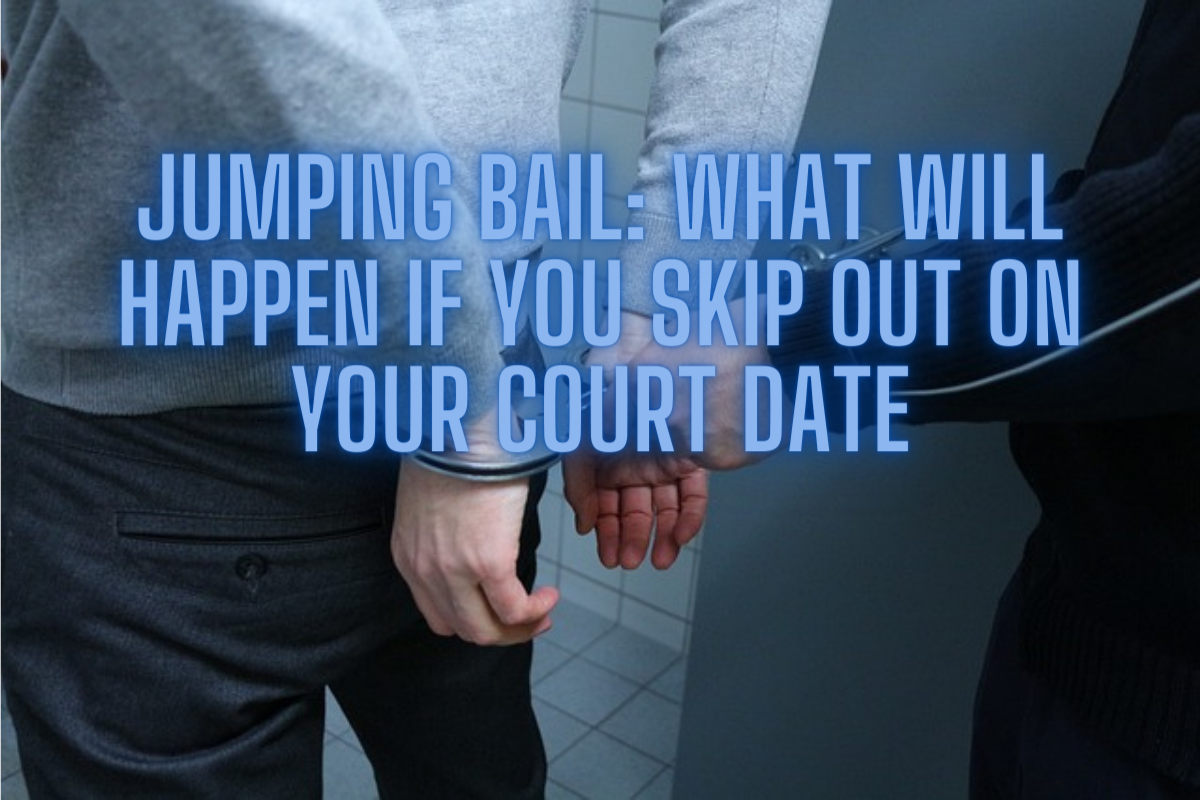BY |
If you find yourself in jail, getting released on bail is probably your goal. But once you’ve been released, you may be tempted to skip out on your court date. Jumping bail before your court date is never a good idea. Here, we’ll define bail jumping, explain bail jumping consequences, and reveal the truth about bail jumping warrants.
Bail Jumping Defined: What is Jumping Bail?
What does it mean to jump bail? Jumping bail means you skip out on your court date by not appearing for your trial. This goes against the terms of your release from jail.
Being released on bail means you agree to commit to your bail conditions. These include turning up for your court appearances.

What is a Bail Jumping Charge?
Life can sometimes get complicated, so you may be looking for an exact answer to the question: ‘What is jumping bail?’ and will you receive a bail jumping charge?
Very few circumstances are valid reasons to jump bail. These could include a serious family emergency, a natural disaster preventing you from attending, or you’re taken seriously ill.
What are the Consequences of Jumping Bail?
Jumping bail and failing to appear in court will likely result in a harsher punishment for your original charges. Skipping out on your court date ruins your chances of getting favorable treatment by the judge. It also means you’ll likely be held in jail and refused bail while you await court appearances.
What are the Risks of Jumping Bail?
Jumping bail consequences are almost impossible to avoid. After skipping bail, at some stage, you will be found and brought back. When this happens, you’ll not only need to face your original charges, but you’ll also be in a whole lot more trouble.
Jumping bail could mean you’re charged with a felony under California Penal Code Section 1320.5. Penalties for this charge include a fine of up to $10,000, up to one year in county jail, or both. These punishments are in addition to any punishment issued for the original charges you faced.
Bond Jumping: What You Need to Know
Jumping bail is never a good choice. Bond jumping will nearly always make your situation worse and the penalties harsher. You will still face the original charges plus a possible fine, harsher sentence, or a combination of both.
What is a Bail Jumping Warrant?
A bail jumping warrant in your name can be issued by the court when you fail to appear. If a bail bondsman arranges your release, they will now want to track you down to reclaim their money. To do this, they will pursue you either themselves or using a bounty hunter. This could involve them entering your home unannounced to search for you and take you to court.
To answer the question, ‘What does jumping bail mean,’ all you need to know is that it’s a crime that will make your current situation much worse.
Contact 24 Hour Bail Bonds Today
If you’ve been arrested or have a question about bail bonds, 24 Hour Bail Bonds can help. We’re here for you 24 hours a day, seven days a week, to help you get out of jail fast. Contact us today.

